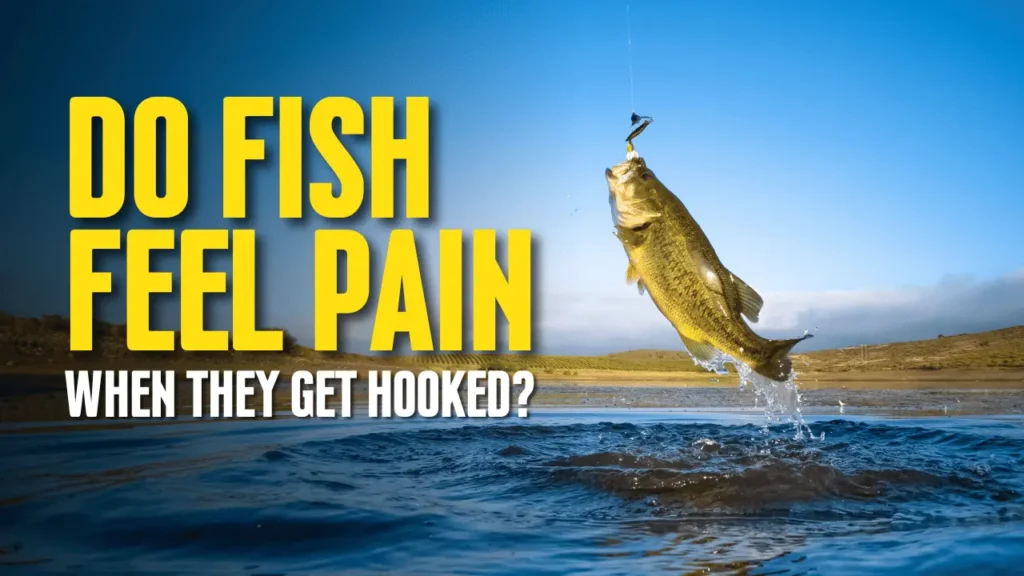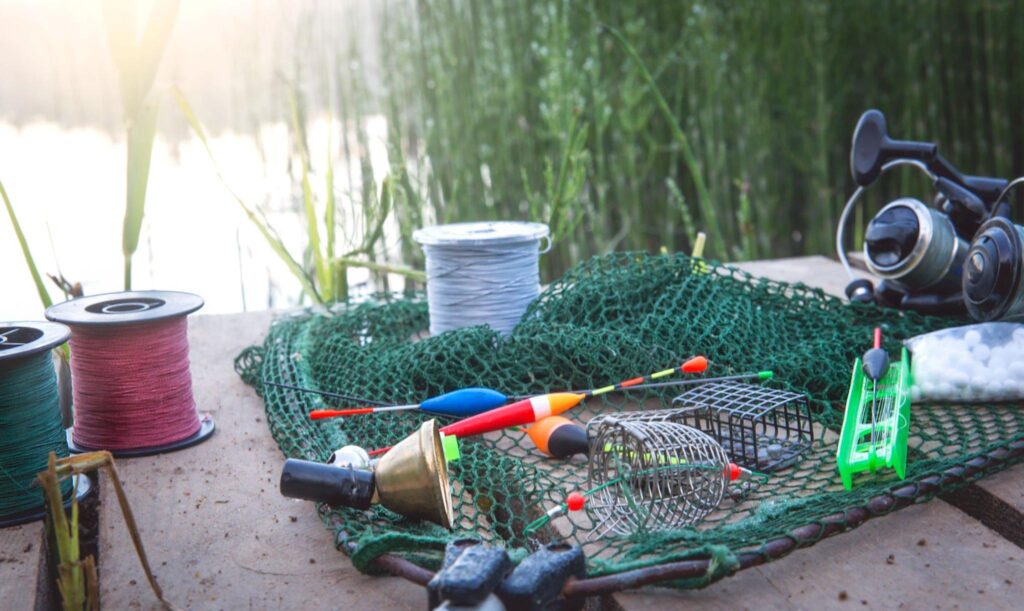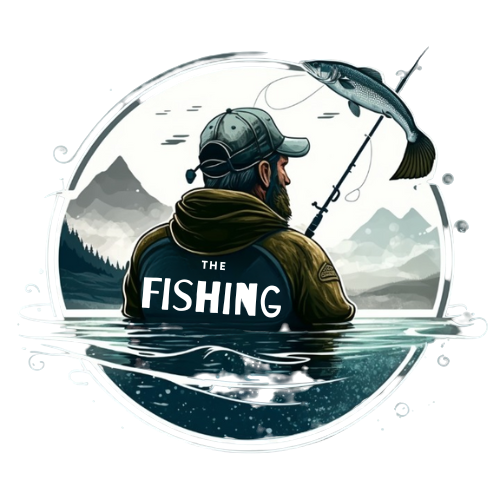
As someone who takes a keen interest in aquatic life, I’ve always grappled with a question that lies at the intersection of science, ethics, and empathy: do fish feel pain when they get hooked?
After extensive research and examination of scientific data, it appears that the answer leans towards yes.
Table of Contents
Ongoing Scientific Discourse

Debate surrounding the notion of fish experiencing pain has rumbled through the scientific world for quite some time. However, we can’t ignore the existence of nociceptors in fish—specialized neurons that detect potential harm, be it high temperatures, intense pressure, or harmful chemicals.
The production of opioids, our body’s natural painkillers, is also evident in fish. When you consider that fish have a wealth of these nociceptors in their mouths, the site of hook penetration, the idea of them experiencing pain becomes more plausible.
Observations from Experimental Studies

Experimental research also sheds light on this question. For instance, rainbow trout injected with acetic acid or bee venom—both known to cause pain in humans—exhibited clear signs of discomfort.
This study underscored that these marine creatures possess multiple pain receptors or nociceptors, particularly around their mouths and heads.
Criteria Supporting the Perception of Pain
Fish meet multiple criteria that suggest non-human animals might experience pain. These include the presence of a suitable nervous system and sensory receptors, opioid receptors, and a diminished response to painful stimuli when given pain relievers and local anesthetics.
Despite these findings, it’s important to recognize that certain members of the scientific community maintain skepticism.
You may also like: Does Fishing Hurt Fish? Untold Impact on Our Finned Friends
Complexity of Pain Perception
Pain is an intricate mental state, an intertwining of distinct perceptual quality and emotional suffering. Such complexity means that the presence of pain in any creature, including humans, cannot be unambiguously identified through observational methods alone.
Instead, it’s often inferred that animals, including fish, experience pain based on likelihood and available evidence.
Ethical Considerations When Fishing

Fishing is a popular activity worldwide, but it is not without ethical considerations.
Here are some of the main ethical issues related to fishing:
Human and ecosystem well-being: The principal ethical issues in fisheries relate broadly to human and ecosystem well-being.
Context and forms of involvement: When conducting research on small-scale fisheries, it is essential to pay attention to context and forms of involvement.
Cruelty: Capturing, killing, and eating fish against their basic desire to live is considered immoral and unethical.
Overfishing: Overfishing depletes fish populations, and accidentally caught bycatch contributes to overfishing.
Pain and suffering: Fish do feel pain and suffer as a consequence of humanity’s actions.
Respect for property: Fly anglers respect private property and always ask permission before entering or fishing private property.
You may also like to read: Does Fly Fishing Hurt Fish? (7 more Questions Answered!)
FAQs
Do fish feel pain when they get hooked in the same way humans do?
While fish have nociceptors and show signs of discomfort when exposed to harmful stimuli, the question of whether they experience pain akin to human pain is a topic that continues to stimulate debate among scientists.
How do we know fish feel pain?
Various pieces of evidence, such as the existence of nociceptors in fish, their reduced response to harmful stimuli when administered analgesics, and their behavior when exposed to potentially harmful substances suggest they can experience some form of pain.
If fish feel pain, what are the ethical considerations when fishing?
If fish do experience pain, this raises substantial ethical considerations. These encompass the basic morality of inflicting pain and potential suffering, the environmental implications of fishing, and the repercussions for animal rights and welfare.
Also read: Does Catch and Release Hurt Fish? [Best Practices]
Wrapping It Up
So, “do fish feel pain when they get hooked” the weight of evidence seems to be tilting towards a yes.
We must continue to question, to learn, and most importantly, to adapt our actions as we gain understanding. It’s not just about whether fish feel pain when they get hooked, but also about our responsibility as humans towards other sentient beings with whom we share this planet. With each cast line, let’s remember the life on the other end, and make our choices wisely and ethically.
Source:
- https://www.ncbi.nlm.nih.gov/pmc/articles/PMC4356734/
- https://www.peta.org/issues/animals-used-for-food/factory-farming/fish/fish-feel-pain/
- https://en.wikipedia.org/wiki/Pain_in_fish
- https://www.fao.org/3/y6634e/y6634e04.html
- https://onlinelibrary.wiley.com/doi/abs/10.1111/faf.12590
- https://www.animal-ethics.org/sport-fishing/
